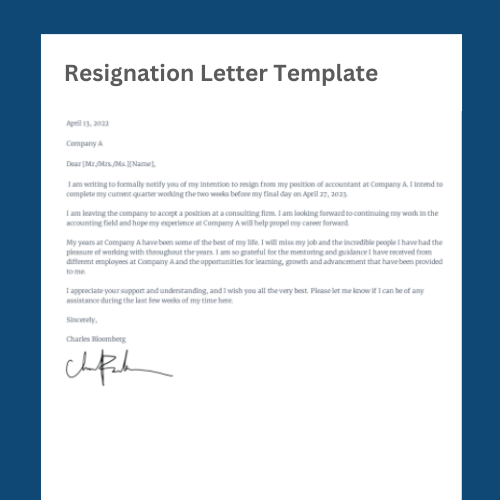CV Writing Tips
FD Recruit have undertaken several behavioural studies regarding the way hiring managers read CVs and here are a few tips on how to make your CV stand out.
Download Job Description TemplateCV Writing Tips for FDs and CFOs
Writing the perfect CV is an art form. When it comes to writing a CV that will stand out, FD Recruit wants to help you sell yourself in the best possible way.
Finance Directors may occasionally assume that their past employers’ reputations and their own skills are widely recognised, leading to a potential oversight in emphasising their own accomplishments and expertise.
Equally, remember that impressing a recruiter in the first instance is as important as thinking about an employer; in a busy and competitive market, recruiters are inundated with applications for every position.
Ultimately all CVs should follow a pretty standard format and so we have outlined for you a proposed template to help you get started:
1. Personal details
2. Personal profile / overview / introduction
3. Work history — list your roles and describe what each employer does in a couple of concise sentences and consider including turnover and employee numbers.
Split each position into two sub-headings:
a) Responsibilities: these are the routine elements of your position. Don’t assume the reader knows exactly what a Finance Director does.
b) Achievements: this is where you have added value above and beyond your routine duties. This is what should set you apart from other candidates.
Where possible always quantify these achievements with demonstrable figures.
4. Education / qualifications / professional development
5. Personal interests (only if relevant and interesting and keep to a minimum)
Always remember:
– List all details in reverse chronological order — current or latest first – and always explain any gaps. Give greater focus to current role activities and condense the early experience.
– List duties and achievements in bullet points to make it easy to read. Avoid at all costs using paragraph format as you will lose the reader halfway through your essay — this is statistically proven.
– Keep it to the point and readable to the layperson by avoiding jargon and too many acronyms.
– Use Bold to emphasise headings.
– If tight on space referees can be provided on request and consider testimonials on LinkedIn.
– Don’t write the CV in the third person.
– Keep it consistent throughout when using tense to describe the duties you have undertaken.
– Surveys tell us that only half of all people read a cover letter so if you have an important point to make ensure it is not only in the cover letter but is also clearly evident at first glance at the CV.
– Tailor your CV to each position you’re applying for, drawing on areas of your experience and skillset that link directly to the job description and its specified roles and responsibilities.






